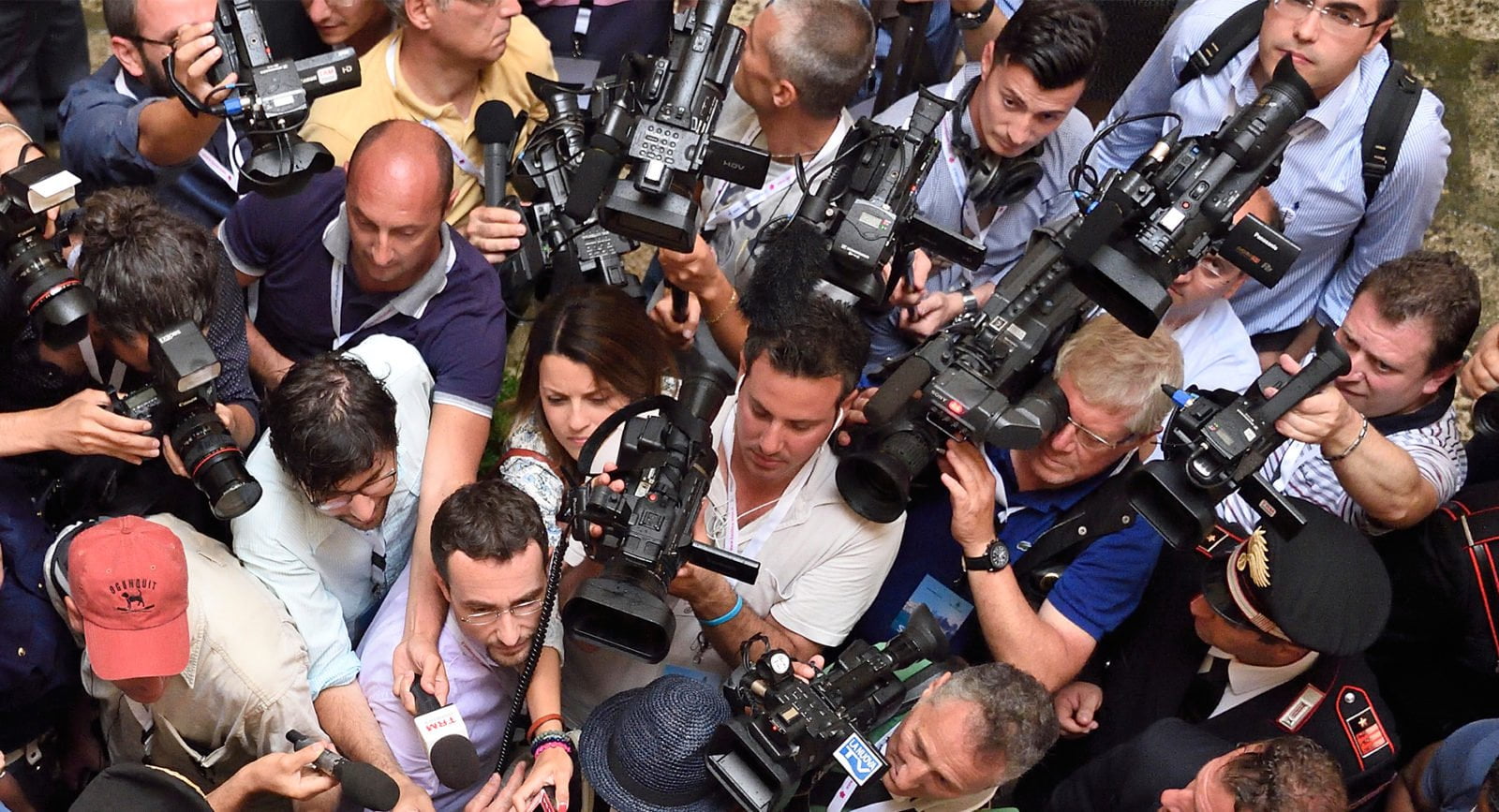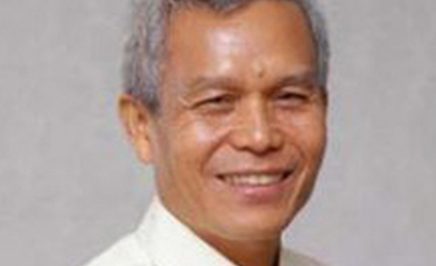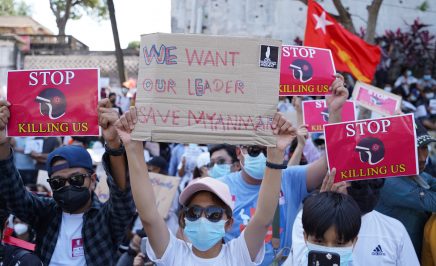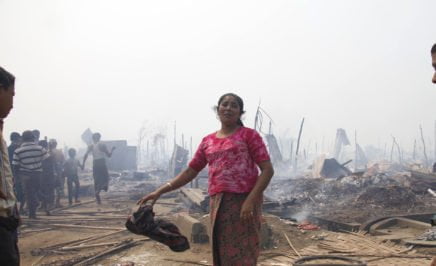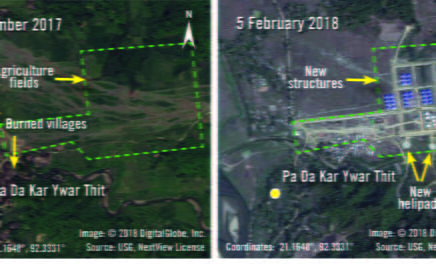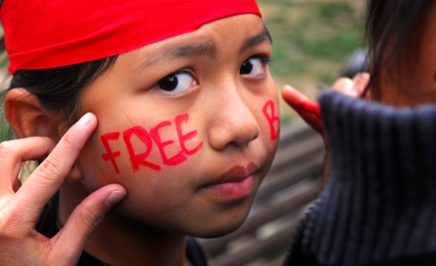The Lao authorities should lift all restrictions on journalists and allow them to do their job and move freely.
The organisation’s call comes as foreign journalists arriving in Laos to cover USA President Barack Obama’s participation in the US-ASEAN Summit from 6-8 September have been told that their articles and broadcasts will have to be approved by a censor before publication. Foreign journalists may also be assigned a minder who will trail them for the duration of their stay in Laos.
“The restrictions imposed on journalists covering the ASEAN summit in Laos amounts to a violation of their right freedom of expression, and the right of the public, both in Lao and globally, to receive information. Journalists should be able to do their job without fear, interference or harassment,” said Rafendi Djamin, Amnesty International’s Director for South East Asia and the Pacific.
“Journalists should be able to do their job without fear, interference or harassment.”
Journalists travelling to Laos have told Amnesty International that they may not be allowed to raise questions on certain human rights issues by the authorities.
“No government should restrict the questions its officials can or cannot be asked, especially at such a high-level summit, when the world will be watching. Indeed, in Laos in particular it’s vital that journalists ask the pressing questions that ordinary people cannot ask because of the fear of reprisals,” said Rafendi Djamin.
Among some of the questions that Amnesty International is eager to hear answers on are:
- When will ASEAN’s so-far empty gestures on human rights lead to concrete measures that will actually respect and protect the rights that ASEAN’s peoples deserve to enjoy under international human rights law?
- Will Brunei Darussalam ensure that implementation of the Sharia Penal Code Order 2013 is fully compliant with international human rights law and standards and does not lead to discrimination against women, the imposition of the death penalty or torture or other cruel inhuman or degrading punishments.
- Why is the Cambodian government manipulating the police and the criminal justice system to wage a campaign of harassment, intimidation and imprisonment on civil society and the political opposition?
- Will President Joko Widodo of Indonesia immediately stop all executions, move to abolish the death penalty, address fair trial concerns related to current and recent death penalty cases and order a full independent review of all cases?
- Where is Sombath Somphone, the Lao civil society leader who is suspected to have been subject to an enforced disappearance in November 2012?
- When will Malaysia release Anwar Ibrahim and other prisoners of conscience?
- When will the Myanmar authorities allow displaced communities full access to humanitarian assistance – such as the Rohingya and other Muslims in Rakhine State, and those who have fled conflict in Kachin and Shan states?
- When will the Philippines authorities call for a halt on all unlawful killings and order an independent, impartial, transparent and effective investigation into the wave of killings that have claimed the lives of nearly 2,000 people over the past two months?
- When will the Singapore authorities end their crackdown against bloggers and political activists who peacefully exercise their rights to freedom of expression and public assembly?
- Will Thailand’s authorities immediately and unconditionally release and drop charges against all individuals being prosecuted solely for peacefully exercising their rights to expression, assembly and association?
- Given that Viet Nam ratified the Convention Against Torture in 2015 why do prison authorities continue to subject prisoners, including prisoners of conscience, to torture and other ill-treatment, including Bùi Thị Minh Hằng, Trần Huỳnh Duy Thức, Pastor Nguyễn Công Chính, and Nguyễn Hữu Quốc Duy?
